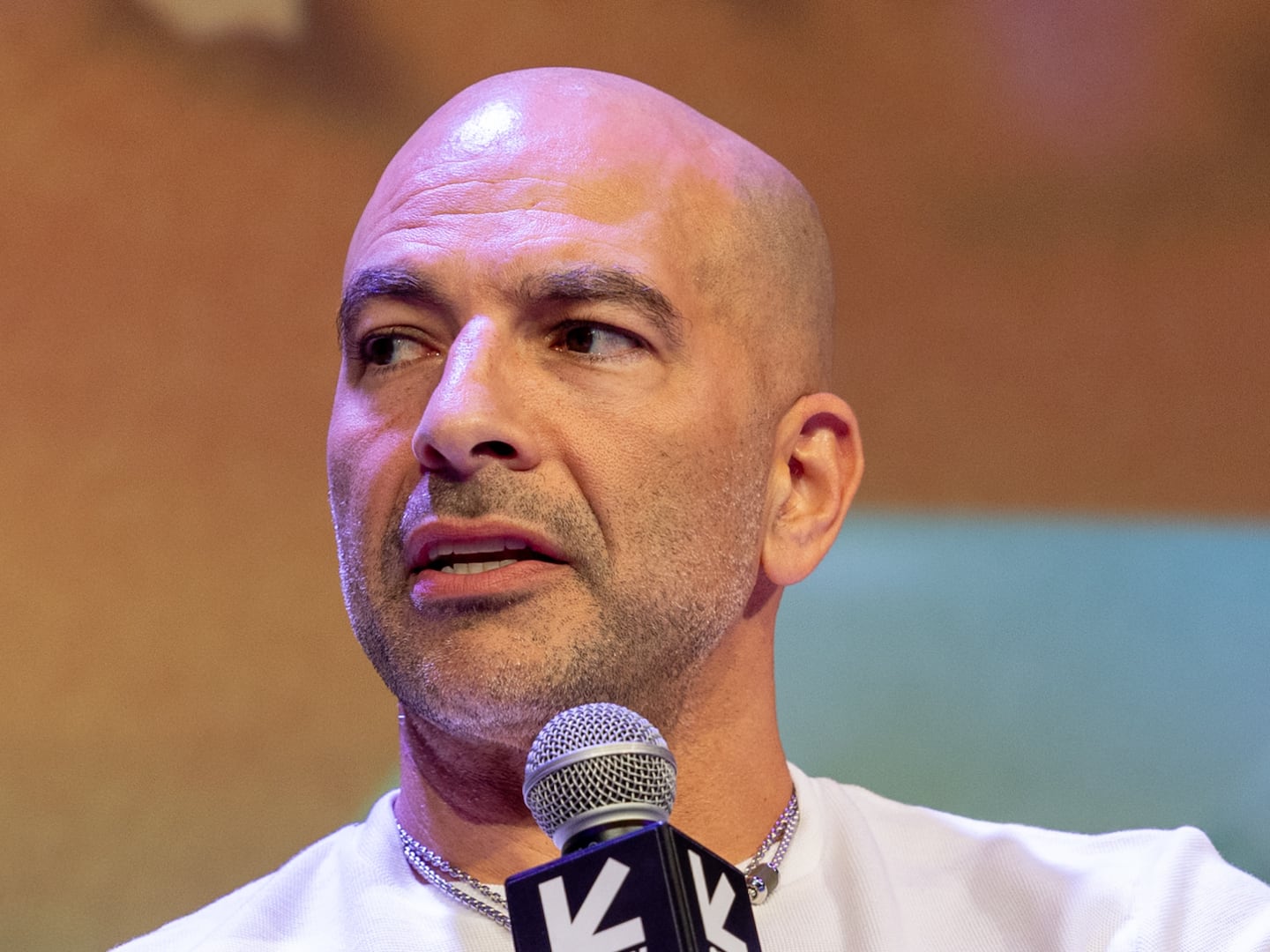It’s been more than three months since I published an opinion longer than 140 characters, nearly four since I opined on television. The world has bumped along in its usual way: i.e., not very well. It seems almost as if my advice was never much needed in the first place. Surely that can’t be!

Three months is hardly a Rip Van Winkle–style absence. The Washington to which I return in September is the same charming charcuterie plate of corruption, careerism, fanaticism, waste, and dysfunction as the Washington to which I said “au revoir” in April. But I do think I notice a few differences over time, some subtle movements upon a slow-moving clock.
The Democratic base is ominously unhappy.
NSA listening programs. The likely appointment of Larry Summers as next Federal Reserve chairman. The EPA’s slow motion on regulating carbon dioxide. Resistance to liberalization of the marijuana laws. And now…a war of choice in Syria.
Liberals have been grumbling for a while about the Obama administration. Now the grumbling is getting louder—and increasingly it focuses on the president himself. Bill Clinton at least famously ranted and raved against his evolution into an Eisenhower-style Republican. Liberal Democrats increasingly suspect that Eisenhowerism was Obama’s preferred outcome all along.
The ferocious Republican attacks on Obamacare as the worst thing since Josef Stalin’s collectivization of Soviet agriculture has distracted attention from how many Democrats quietly dislike the same law as a giveaway to the for-profit health insurance industry. The imminent vote to authorize the bombing of Syria may finally tally Democratic disaffection.
All this draws an interesting question mark over the Democratic future. My friends who really know Democratic Party politics tell me that Hillary Clinton has a tighter grip on her party’s 2016 presidential nomination than any politician since George H.W. Bush in 1988—or maybe Richard Nixon in 1960. But Hillary watchers expect her to campaign as a more business-friendly style of Democrat, a Democrat more eager to cut spending and grapple with the budget deficit. What if that turns out to be exactly the wrong place to be positioned in the post-Obama Democratic Party?
The Republican elite is staging a comeback.
When I left town, things looked dark for Republican donors and the politicians who served them. The party base was rejecting their leadership on immigration reform. Their preferred 2016 nominee, Marco Rubio, looked a dead man walking. Four months later, Rubio’s presidential hopes look deader than ever. But ironically, the demise of Republican support for immigration reform may turn out to be the salvation of the GOP elite.
Suddenly, the line in the sand between radicals and leadership has ceased to be immigration and has become (again!) shutting down the government and defaulting on the debt. And on those issues, the leadership is overwhelmingly winning. The shutdown caucus is led by Ted Cruz, Rand Paul, and Marco Rubio: i.e., senators less interested in winning a fight in Congress than in impressing Iowa caucus voters. They are just as happy to lose on the shutdown issue—happier, since they don’t then have to take responsibility for their actions—provided they get enough publicity on the way down.
Nobody cares about the unemployed. Nobody cares about middle-class incomes.
OK, not nobody. But nobody who has a table at Charlie Palmer’s or who appears regularly on Hardball or Morning Joe. Nobody who sits on the Federal Reserve board or who has ranking in either party in Congress. Nobody with a column in The Washington Post or Politico. In short: nobody who can do anything about it.
My God, the political elite is old.
In the summer of 1913, the War Department hosted a reunion of the surviving veterans of the Battle of Gettysburg, Union and Confederate. More than 50,000 men gathered on the hallowed ground. Medical officials fretted: “Never before in the world’s history [had] so great a number of men so advanced in years been assembled under field conditions.” Take a look at film footage of the shambling old geezers: even the very youngest of them was a doddery old 61!
Last week, the United States commemorated the 50th anniversary of Martin Luther King Jr.’s “I Have a Dream” speech and the most famous of all marches on Washington. No comments about “advanced age” this time, though. No suggestion that half a century represents a substantial span of time. When Woodrow Wilson spoke at the Gettsyburg reunion, he hailed “The ghostly hosts who fought upon these battlefields long ago and are gone? These gallant gentlemen stricken in years whose fighting days are over, their glory won?” Barack Obama spoke in a very different strain at his 50th anniversary event, insisting that the issues of then remained the issues of now.
They don’t, but those who watch cable TV news might well believe they do. When Secretary of State John Kerry (age 69) urged an air attack on Syria, conservative radio talker Rush Limbaugh (a stripling of 62) took to the airwaves to fulminate for the umpteenth time about Kerry’s testimony to Congress 43 years ago. Among Democrats, the leading challenger to Hillary Clinton (age 65) is Joe Biden (age 70). Republicans are offering a younger field, but when front-runner Chris Christie tries to connect with ordinary voters, he talks about his love for the music of Bruce Springsteen (age 63).
If only carbon dioxide were a gas. Oh, wait a minute.
The Assad regime in Syria has carried out a horrifying crime, killing 1,400 noncombatants with poison gas. That crime has pushed the United States to the brink of a war that even proponents concede has little strategic purpose. If the United States fights, it will fight to uphold international norms.
The looming war has transfixed Washington. At least to civilians, war appears to be everything politics isn’t: exciting, heroic, decisive. America’s unparalleled military power offers the promise that an exercise of will can do moral good. The guilty can be be punished, their victims succored or at least avenged. That promise is often—is usually—disappointed in reality. Meanwhile, the grinding difficulties that will shape the lives of billions as yet unborn seem intractable, overwhelming, and boring.
But those intractable, overwhelming, and boring difficulties have a nasty way of proving supremely important—while those dramatic moments of military action too often do nothing and change nothing. Who remembers now Operation Desert Fox? Where were you when the coalition hammer delivered Operation Noble Anvil?






